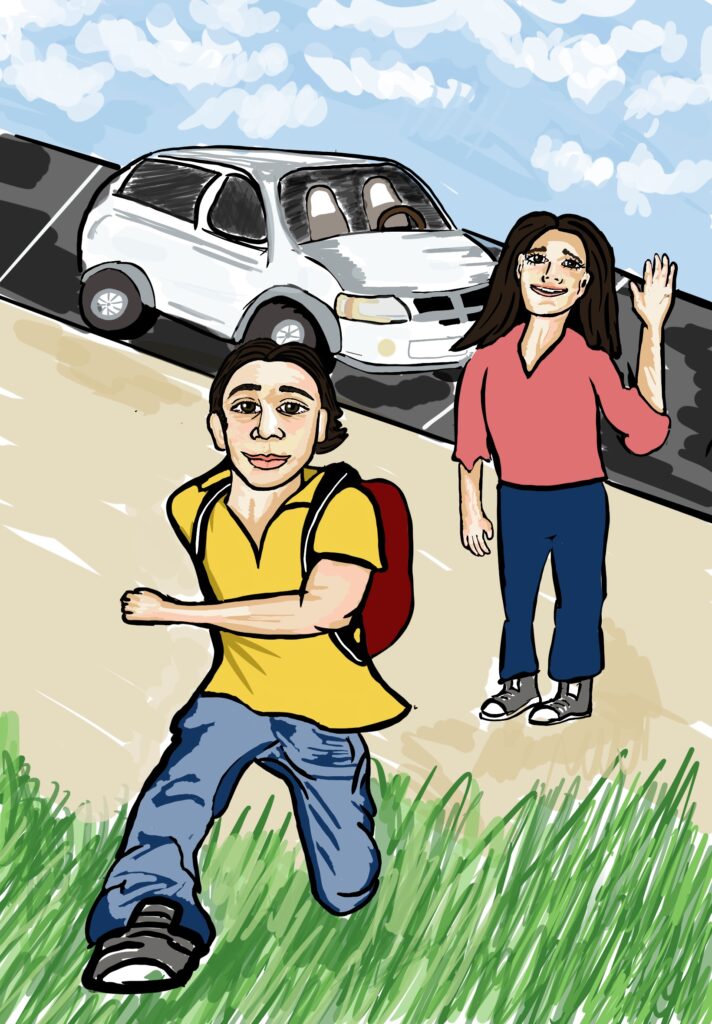Last Sunday, President-elect Donald Trump announced his selection of Stephen Bannon, head of the alt-right media source Breitbart News, as his chief White House strategist. The appointment of Bannon, whom Republican strategist Ana Navarro has called “a white supremacist Neanderthal,” affirmed that spiteful, bigoted rhetoric is sinking deep roots in this country. Brietbart News has featured racist, misogynistic, anti-Semitic, and anti-LGBT rhetoric. Example headlines: “Hoist It High and Proud: The Confederate Flag Proclaims a Glorious Heritage,” and “Would You Rather Your Child Had Feminism or Cancer?” Feeling good about America?
Trump’s election has emboldened a subset of this country that advocates for the repression of marginalized groups. It is no wonder that the FBI has reported a 7% increase in hate crimes over the past year and a 67% increase in attacks on Muslim Americans and mosques.
We cannot let this trend toward hateful division permeate the Choate community. While I’m certain that most of us agree with this premise, I still worry that a sentiment is growing on our campus that rejects principles of respect and understanding. This sentiment, I fear will germinate in quiet hovels if we perceive this election as a defeat of common decency. To secure against this threat we must refuse to accept the narrative fed to the rest of th nation that claims progressivism and sensitivity has overstepped. Looking inward we must acknowledge that, however numerous, progressives at Choate have continued to face attacks for their advocacy. Change is hard, and those who advocate for it almost always fight social stigmas. Often, they fight simply to be heard.
If you suppose that liberals dominate our campus, and that political correctness frequently suppresses a range of student viewpoints, I ask that you examine closely the progressive issues that both faculty and students have recently advanced. Initiatives like Diversity Day and conversations centered on consent were aimed at providing counsel to many students who have asked — even, in some cases, pleaded — for these measures.
If these causes have made those who oppose them feel uncomfortable, I ask: why should this discomfort outweigh the welfare of other students? When a student is bullied or physically victimized, our school intervenes swiftly to safeguard that student. But intellectual discomfort is different than victimization. Victimization is a reality for some Choate students, solely because of where and to whom they were born. Why would the school react differently when a group of students has been targeted by societal imbalances that expose them to higher rates of police violence or sexual assault? And these students deserve to advocate for their own safety.
I have been fortunate during my time at Choate. I have not feared walking up Christian Street at night, venturing to town alone, or wearing revealing clothes at a dance or other public place. However, in the wake of this election, I have been quick to fright. The road to Mr. D’s, lined with Blue Lives Matter flags, has seemed suddenly treacherous. The screams from cars that drive through campus have seemed less playful, more chilling. Are these feelings justified? Honestly, I’m not sure. I know of no violent episodes between townies and Choaties. But when I examine national statistics, my concerns feel not wholly unjustified.
I know that I will not be able to avoid this fear as long as I live in Trump’s America. Yet I have decided: I refuse to walk this campus — my home — with fear that my peers and neighbors share a flippant disregard for the humane measures that make me feel included and enfranchised.
In order to begin to make our community safe in a country in which so many are now fearful, we must resist the nation’s growing support for overt discrimination and disdain for empathy. We must, now more than ever, exercise caution over the words we use and the actions we take. Only then, will we embody the principles of unity, which we all hope the rest of the country would then emulate.




